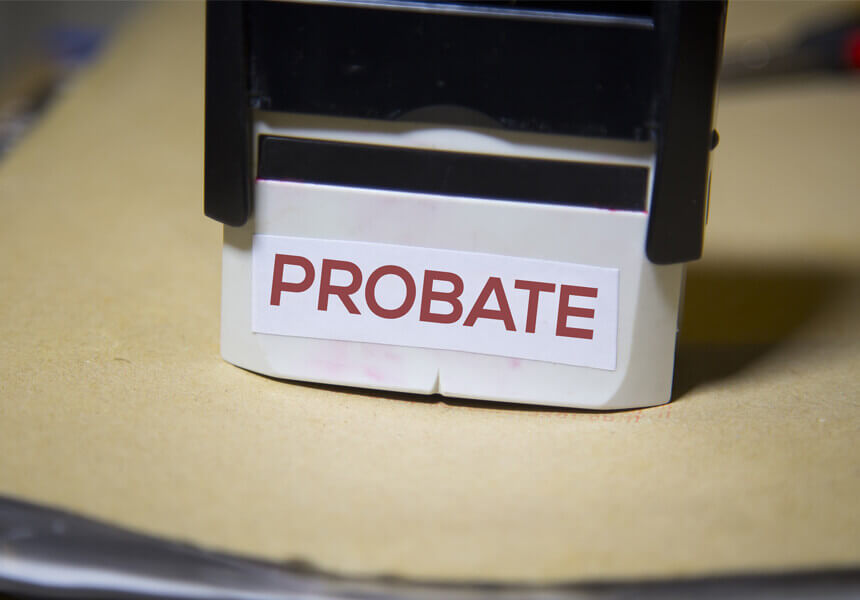
No one wants to think about dying or becoming unable to make decisions for themselves, but as uncomfortable it is to think about, eventually everyone will die—and everyone will leave things behind. That’s why estate planning is so important. It allows you to control how your belongings are distributed and how your family is taken care of after your death.
In order for estate planning documents to carry out your wishes successfully, you need to think about and answer some tough questions while working with your estate planning attorney. It is important to note that conversations with your estate planning attorney are completely confidential and that the more information about your situation that you can provide to your attorney, the stronger the estate plan can be.
Information you should provide to your estate planning attorney include:
Do you have any other children out there?
If you have other children that you haven’t told your estate planning attorney about—tell him or her now. If your attorney doesn’t know about all of your children, it’s possible that a descendant with whom you have had no contact or whom you didn’t know existed could turn up after your death and claim part of your estate.
As technology progresses, it’s also important to think about the potential rights to your inheritance of any children that are born from eggs, sperm or fertilized embryos that you are currently storing for later use.
Were you ever married before?
If you were married previously and named your ex-spouse as a beneficiary on a pension plan or life insurance policy, he or she could inherit that money. So be sure to update your beneficiary information when big life changes happen, like if you are divorced, separated or widowed. If you are in the midst of divorce proceedings, consult with your divorce attorney before making changes to your beneficiary designations or, for that matter, any of your estate planning documents.
Also, if you were married before and your divorce was never finalized, or if you are separated, your ex-spouse could be entitled to part of your estate under your divorce decree. So be upfront with your estate planning attorney and provide as much information about your personal life as possible. Doing so could keep your estate from being subject to an expensive litigation after you die.
Who do you want to raise your kids if you die?
This is a particularly hard topic to discuss for parents. Not only is it difficult to think about leaving your children, the actual task of deciding on a guardian can be excruciating, leading to family arguments and stress. That being said, if you don’t name a guardian and the unthinkable were to happen, a judge would be the one to decide who raises your children. If you aren’t comfortable leaving that decision up to a stranger, then you need to discuss this with your attorney and name a guardian whom you trust.
If you have pets, you may also want to think about who will take them when you die. This is especially important if you have animals with long life expectancies, like horses.
What if you and your immediate family all die in a common disaster?
Since many people name their close family members in their will, the question remains: who gets the estate if the whole family dies at the same time? While unlikely, this scenario is not impossible and you should plan for this just in case.
If you don’t come up with a plan for this scenario, state law will determine who is the next of kin for each person who died. If you would rather your estate go to a close friend or charity instead of a second cousin twice removed that you’ve never met, you should include them in in your estate planning documents.
When do you want to be taken off life support?
As medical technology advances, people with injuries that would have killed them in the past can be put on life support. This can put a large financial and emotional burden on loved ones. For many people, the thought of being kept alive by machines with no hope of rehabilitation sounds like a nightmare, but in some cases family members can find it difficult to make the decision to take someone they love off of life support.
You should discuss and if appropriate, sign health care directives so your wishes can be made clear if you are unable to speak for yourself. You should also talk with your loved ones and make sure they know what you want to happen in case you become incapacitated.
Having these conversations now, although uncomfortable, can ensure that your wishes are carried out in the way you had planned. For example, if you find out that your son or daughter is not comfortable making the decision to take you off life support, you will know that he or she isn’t the right person to step in for you if that decision needs to be made and you can name someone else in your health care directive.
What are your passwords, usernames and answers to security questions?
In our increasingly technology-driven world, most people have a lot of information stored online. You may have online accounts for bank accounts, social media, email and other important assets.
Create a list of these accounts and their login information and then make a plan for how you want the person to whom you are leaving access to be able to access the accounts. Some people choose to leave this information in a safe deposit box, but that isn’t always the best option because many banks won’t allow anyone access to the safe deposit box until the deceased box owner’s will is probated.
A better option is placing the information in a fire proof safe or lock box at home and then provide your family member or your attorney with the combination or the location of the key. There are also some online storage services that allow you to keep all your passwords in one place.
If you have questions about estate planning in Arizona or Wiscosnin, please reach out to an experienced attorney. At Bredemann & Shellander PLC (LINK), we specialize in estate planning and pride ourselves on taking the time to understand your unique situation so we can guide you through the estate planning process. Give us a call at 480-998-0999 or schedule a consultation online (LINK).
The article above is intended for education purposes only and should not be considered legal advice. If you need legal advice, contact an attorney regarding your situation.

